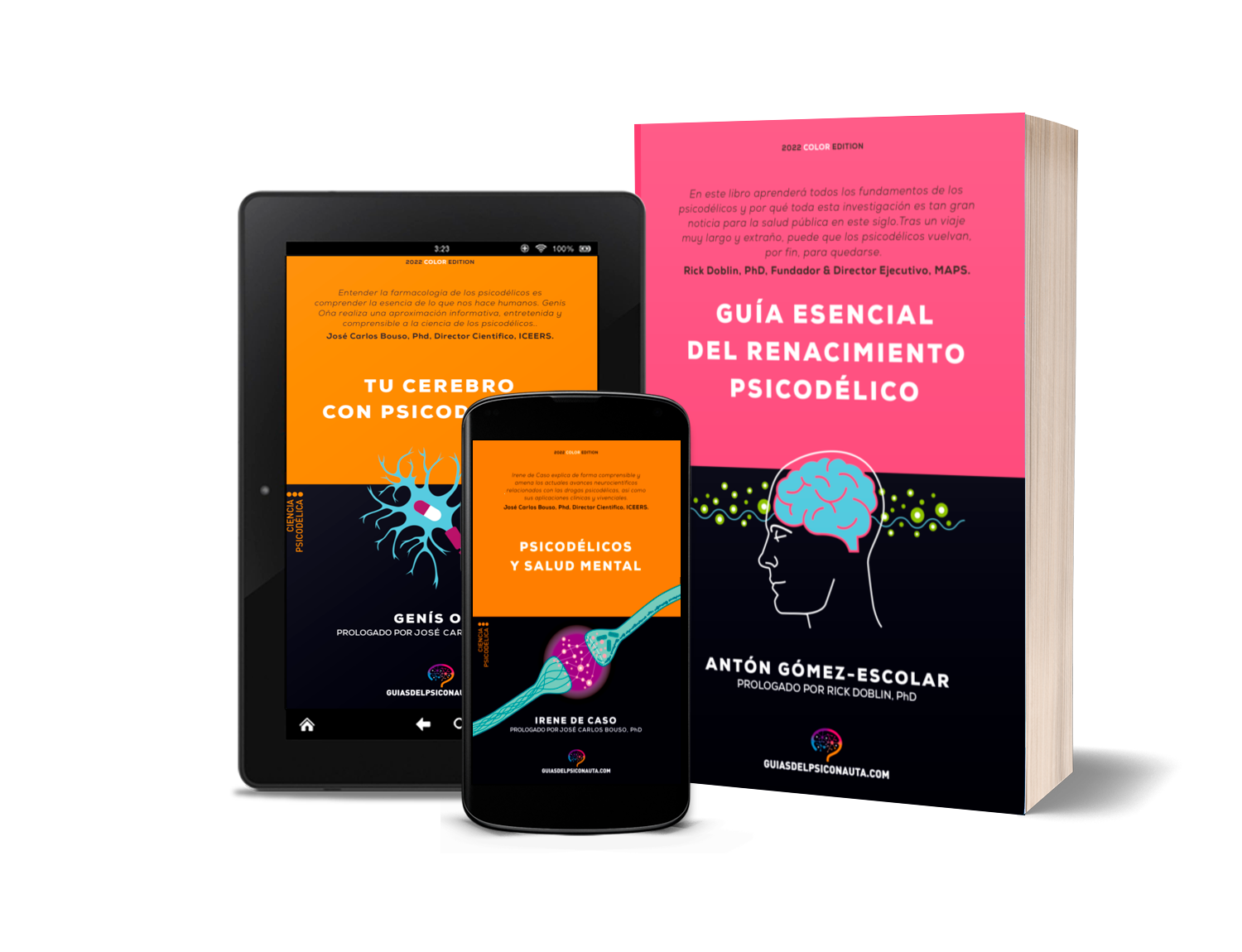By Gabriel García June 23, 2024
Drugs with psychedelic effects, such as psilocybin, LSD, MDMA and cannabis, may help protect the brain from some aspects of ageing, a new study suggests. The survey, which included 3,294 US adults aged 42 to 92, found that those who reported using some type of hallucinogen in the past year showed fewer depressive symptoms and improvements in higher-order brain function.
Key Study Findings
Users of psychedelics scored higher on telephone tests assessing inductive reasoning, verbal fluency, working memory, processing speed, attentional switching and inhibitory control. However, no improvements were seen in episodic memory, which stores and retrieves everyday events and is often affected by dementia.
Although the results are observational and cannot determine cause and effect, gerontologists Kallol Kumar Bhattacharyya of Utah State University and Kaeleigh Fearn of the University of South Florida believe there is reason for further research. “Federal and state governments should decriminalise psychedelics so that research can be conducted in a way that ensures reliability and validity,” the researchers conclude.
Therapeutic Potential of Psychedelics
Psychedelics have attracted increasing scientific interest worldwide, after several clinical trials demonstrated their therapeutic potential for treating neuropsychiatric disorders such as anxiety, depression or post-traumatic stress disorder. Some of the drugs with the most promising results include psilocybin, LSD, ketamine and MDMA.
Despite the increase in clinical trials, these studies rarely include older patients, a significant omission given that older adulthood is often associated with declines in executive function and mood disorders. Recent studies suggest that psychedelics can improve creativity and executive brain function even in small doses.

The Need for More Research
Bhattacharyya and Fearn argue that more longitudinal research, including clinical and community samples, is needed to use psychedelics as an alternative therapy for cognitive functions in old age. Other scientists also agree that psychedelic-assisted therapies for older adults should be considered, although rigorous, long-term trials will be needed to test the safety and efficacy of this approach before it can become an established clinical tool.
Risks and Precautions
While some hallucinogens may impact the cardiovascular system, cause ‘bad’ trips or pose risks for people with personality disorders, it is crucial to proceed with caution. At the same time, cognitive decline and dementia are significant threats to older humans worldwide, and few treatments are available to prevent them.
Additional research on psychedelics could guide drug researchers in the right direction, even if the substances do not prove to be useful clinical tools in their own right. For example, Bhattacharyya and Fearn suggest that psychedelics may not impact episodic memory as much because executive function is more integrated into the ageing process.
Psilocybin, LSD, MDMA and other psychedelics appear to stimulate new connections between neurons and may even repair broken connections. In early clinical trials, these hallucinogens have been shown to be useful in the treatment of depression, stress and anxiety disorders, all of which may be associated with mild cognitive impairment. Perhaps the drugs will somehow relieve the emotional ‘stress’ on the brain, allowing it to function better overall.
If psychedelics really do have lasting effects on mood and well-being, their controlled and carefully monitored use among older individuals in a therapeutic setting could be life-changing.

If you are interested in learning more about this exciting world, we invite you to consult the Psychonaut’s Guides by Argonowta. These books will give you a broad and balanced view of psychedelics and their potential therapeutic effects. Remember, however, that these substances are not a panacea or a magic solution to all your problems. Their use requires professional guidance, an appropriate context and a responsible attitude. Psychedelics can be a powerful tool for personal change, but they can also be dangerous if used inappropriately or irresponsibly.
The Psychonaut’s Guides from Argonowta Publishing is a collection of books that explain in a rigorous and accessible way the scientific, historical, cultural and experiential aspects of psychedelic substances. These guides offer updated and contrasted information on the therapeutic and neuroscientific applications of psilocybin, LSD, DMT and MDMA, as well as practical advice on how to prepare, carry out and take advantage of psychedelic experiences. The Psychonaut’s Guides are a must-have reference for anyone interested in learning about the psychedelic renaissance that is transforming mental health and changing lives.





